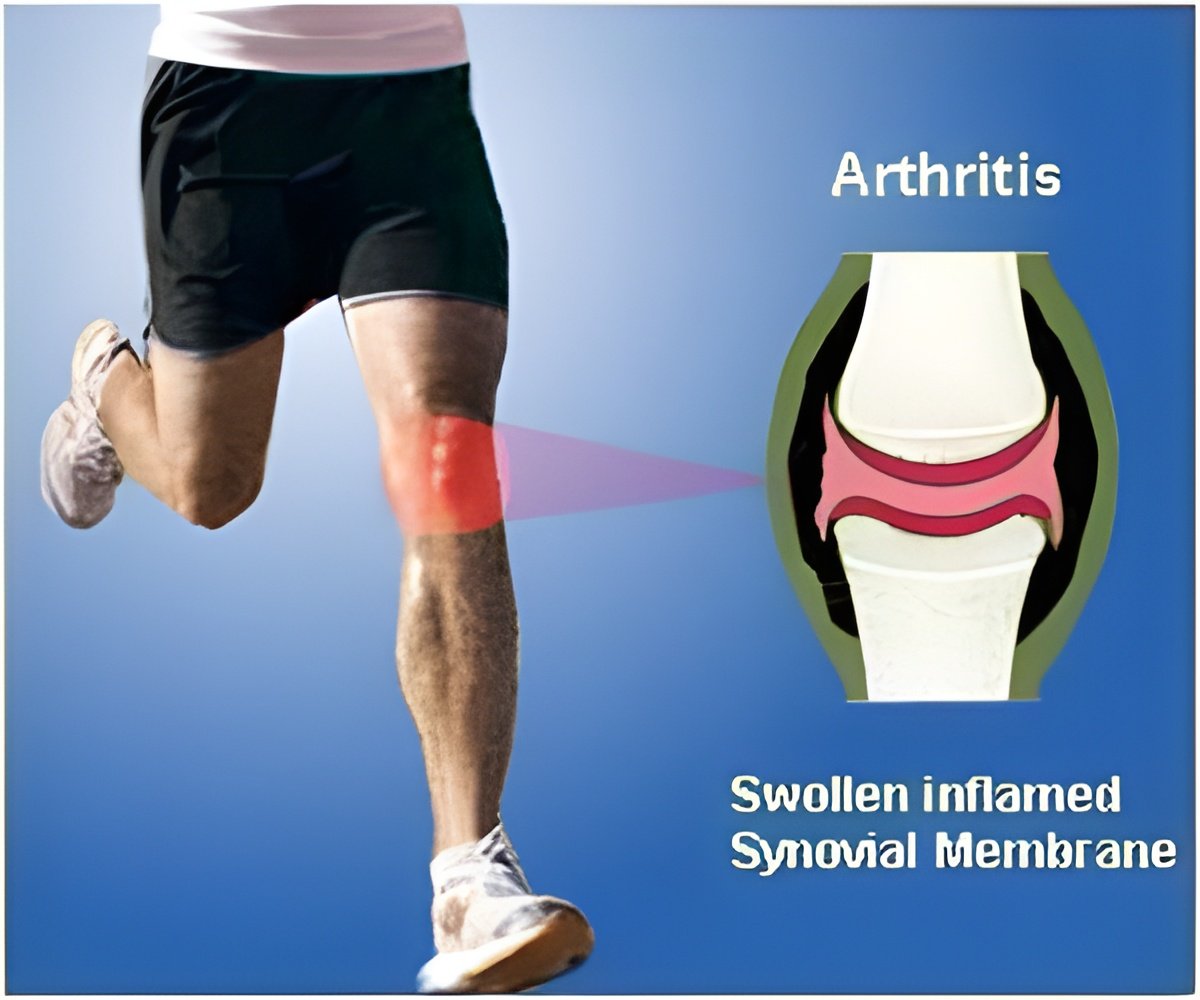Obese patients with arthritis in stable remission show higher degrees of residual synovial inflammation than those with normal weight.

TOP INSIGHT
Excess weight is linked to a higher degree of synovitis in people with rheumatoid arthritis and can affect their treatment response.
"Obesity incidence is increasing in the general population, and multiple studies confirm that obesity is a risk factor associated with the development of RA," said Stefano Alivernini, MD, a rheumatologist at Catholic University of the Sacred Heart in Rome, Italy, and a lead author of the study.
"We are interested in the analysis of fat-derived inflammation in systemic autoimmune diseases as RA, as well as the discovery of biomarkers to individualize and personalize treatment. Despite analysis of synovial inflammation in animal models of arthritis, no data are available on the synovial tissue analysis of such a population in humans."
Fifty-seven patients in the study were disease-modifying antirheumatic drug-naïve (DMARD-naïve), 43 were inadequate responders to methotrexate, and 25 were in stable clinical and ultrasound remission under methotrexate and TNF-inhibitor therapy. All patients had a synovial tissue biopsy.
At the beginning of the study, the RA patients were divided based on the body-mass index: normal weight (BMI under 25), overweight (BMI 25 to 30) and obese (BMI greater than 30). The researchers also performed immunohistochemistry on the patients for CD68+, CD21+, CD20+, and CD3+.
Rates of overweight and obesity were comparable between the three patient groups: 59.6 percent of the DMARD-naïve patients, 58.2 percent of the methotrexate non-responders and 56 percent of the remission patients were either overweight or obese. However, 78.6 percent of the treatment-naïve patients who were obese showed signs of likely follicular synovitis compared to 39.1 percent of the patients in the same treatment-naïve group who were of normal weight.
Patients who had not responded to methotrexate therapy also showed similar degrees of synovial inflammation based on their BMI. Regardless of the pattern of their synovial inflammation--follicular or diverse--the treatment-naïve patients who were overweight or obese had a worse clinical response to T2T therapy compared to treatment-naïve patients of normal weight at both six and 12 months follow-up.
Patients whose disease was in stable remission showed lower disease activity index scores and inflammatory markers (both erythrocyte sedimentation rate (ESR) and C-reactive protein (CRP)) than the treatment-naïve patients. But overweight or obese patients in stable remission did show higher degrees of residual synovial inflammation compared to normal-weight RA patients in remission.
The researchers concluded that overweight and obesity are associated with a higher degree of histologically proven synovitis in RA patients from the time of disease onset to the achievement of stable remission and that this factor can influence the response rate to a T2T regimen.
"Based on these results, we believe that it's important to track patients' BMI in clinical practice since there is a tight relation between the BMI category of RA patients and their chance of a good clinical response to treat-to-target," said Dr. Alivernini.
"Since body weight is a modifiable factor, a standardized, multidisciplinary approach to help the patient achieve weight loss should be advised to increase disease control."
Source-Eurekalert
 MEDINDIA
MEDINDIA




 Email
Email










